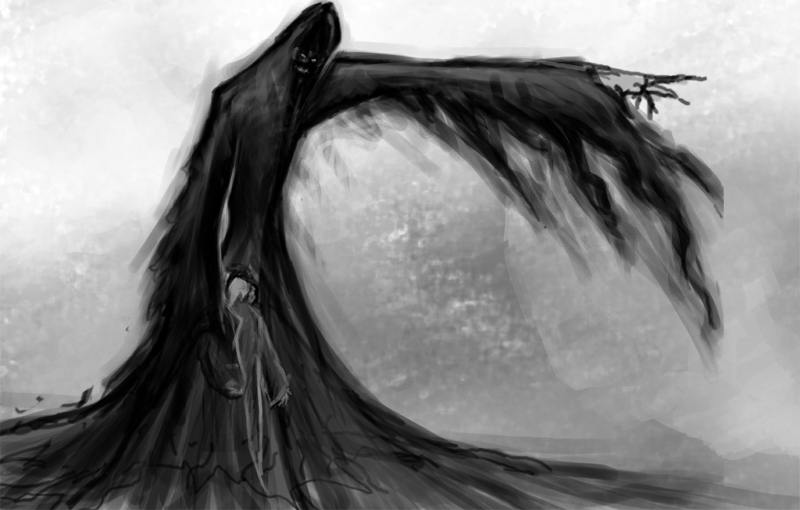 te excellent mystery novels as well. I read Black Sheep, a romance, first, which was a good bit of fun: Think Jane Austen that has a modernized mindset and is more lighthearted comedy than social satire. Then I read Why Shoot A Butler?, which I absolutely loved. It's a good enough plot (I never have a clue who the guilty party is, so I'm not an expert), but the sarcastic protagonist, witty dialog, and memorable characters are what really makes it worthwhile. It reminds me of Wodehouse, especially the clever butler and the Bingo Little facsimile. I've never been big on mysteries. I've read a couple by Agatha Christie and Dorothy Sayers, and I can't understand why Heyer isn't more famous. I've requested several more from our library and am currently enjoying Footsteps in the Dark, a comedy of errors/mystery set in an old country house in England, of course!
te excellent mystery novels as well. I read Black Sheep, a romance, first, which was a good bit of fun: Think Jane Austen that has a modernized mindset and is more lighthearted comedy than social satire. Then I read Why Shoot A Butler?, which I absolutely loved. It's a good enough plot (I never have a clue who the guilty party is, so I'm not an expert), but the sarcastic protagonist, witty dialog, and memorable characters are what really makes it worthwhile. It reminds me of Wodehouse, especially the clever butler and the Bingo Little facsimile. I've never been big on mysteries. I've read a couple by Agatha Christie and Dorothy Sayers, and I can't understand why Heyer isn't more famous. I've requested several more from our library and am currently enjoying Footsteps in the Dark, a comedy of errors/mystery set in an old country house in England, of course!Since it's Advent, I also read Connie Willis's Miracle and Other Christmas Stories. While it's not her strongest work, I really enjoyed all of the short stories, includ
 ing stories about a choir member sheltering a homeless man and his pregnant wife in the church nursery, an unpleasant man trapped in a busy toy store at Christmastime, and an interesting new role for the Christmas Carol ghosts. The very short story Pony (the name says it all) cracked me up. However, I think Willis's introduction was most resonant for me. I told Chris afterwards that it was better than any Midnight Mass homilies I've heard. She's just talking about why she likes Miracle on 34th Street and A Christmas Carol, but her comments get to the heart of the matter.
ing stories about a choir member sheltering a homeless man and his pregnant wife in the church nursery, an unpleasant man trapped in a busy toy store at Christmastime, and an interesting new role for the Christmas Carol ghosts. The very short story Pony (the name says it all) cracked me up. However, I think Willis's introduction was most resonant for me. I told Chris afterwards that it was better than any Midnight Mass homilies I've heard. She's just talking about why she likes Miracle on 34th Street and A Christmas Carol, but her comments get to the heart of the matter."Christmas is supposed to be based on selflessness and innocence, but until the very end of Miracle on 34th Street, virtually no one except Kris Kringle exhibits these qualities....But in spite of this (actually, in a delicious irony, because of it) and with only very faint glimmerings of humanity from the principals, and in spite of how hopeless it all seems, the miracle of Christmas occurs, right on schedule. Just as it does every year."
"Remembering the past, truly seeing the present, imagining the consequences of our actions are the ways we actually grow and change. Dickens knew this years before Freud....
...the story touches us because we want to believe people can change. They don't. We've all learned from bitter experience (though probably not as bitter as Dickens's) that the world is full of money-grubbers and curtain-ring stealers, that Scrooge stays Scrooge to the bitter end, and nobody will lift a finger to help Tiny Tim.
But Christmas is about someone who believed, in spite of overwhelming evidence, that humanity is capable of change and worth redeeming. And Dickens's Christmas story is in fact the Christmas Story. And the hardened heart that cracks open at the end of it is our own."




